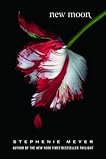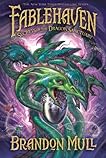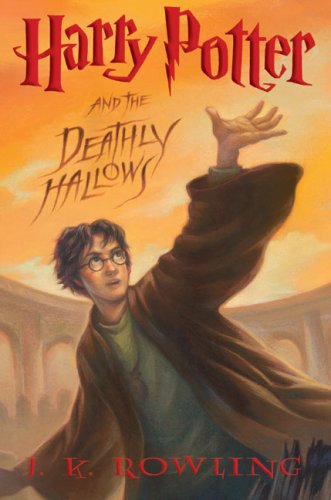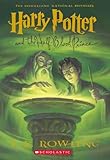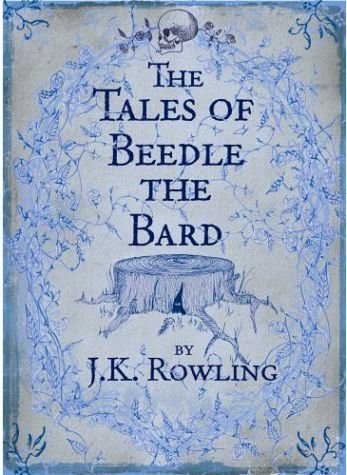 The Tipping Point
The Tipping Point by
Malcolm GladwellMy rating:
5 of 5 starsThis summer at the final NECC Conference I got the opportunity to hear Malcom Gladwell speak. I had heard of him and heard of his books but mostly parenthetically. It was sort of assumed that if you were intelligent then you had read his books or understood what was meant by tipping point. It's interesting to actually be reading them and see how his ideas are becoming, to use his own words, sticky.
I have really gotten a kick out of his book. I have learned at least a few things.
First, I love reading books by journalists. I have also read
Radical Evolution The Promise and Peril of Enhancing Our Minds, Our Bodies -- and What It Means to Be Human by
Joel Garreau Who did a phenomenal job of distilling all the disparate information and creating a sense of it.
Malcolm Gladwell has done the same. He has analyzed and translated the jargonese of the psychology so I can understand it. He puts multiple ideas into a language I can easily and rapidly assimilate. I read the jargonese myself too, but His skill as a journalist is fully realized in this format, a book, explaining what the news of the past has lead us to understand.
Second, language is important. He had a sort of side note about a toddler and her advanced use of language. This description really resonated with me because of the ESL class I teach and because my wife is working on a degree in Spanish Education. Very interesting stuff about how much more complex our abilities can be than we sometimes let on.
Third, and certainly not last, was the idea of Transactive Memory. Gladwell, described something that I understood, but couldn't define. As a husband, I notice that there are things that I do and know that my wife simply doesn't have to. I often ask
her where my keys are. Not because I can't look for them myself, but because she probably knows and remembers better than I do. My kids ask me where their shoes are. Why? Because it is much more likely that I moved them back into their room than they are wherever they left them. The idea is this. We share memory with our family members. We don't remember things that we don't have too. The book I referred to before
Radical Evolution The Promise and Peril of Enhancing Our Minds, Our Bodies -- and What It Means to Be Human talked about this issue to but not in relationship to people but computers. Both books refer to this sharing of memory and the loss when that shared memory is gone. People who go through a divorce feel a loss partly at least, because some of their cognitive abilities resided in their spouse. People who have a computer fail and lose all of their data feel a loss and sometimes have to have grief counseling to manage it. Why? Not because they are weak or overly attached to material items, but because they in a very real sense have lost their mind, their soul.
I think this has some unique implications in the education world. First, how much of our memory do we share with others? How do we share memory and even personality with the community. Gladwell discussed this transactive memory as having an influence on the success of small groups. People not only know each other but the
know each other. They value each other. This I think has a serious implicatioin for schools. Where interdependence is fostered there is a much higher investment in the success of each individual and the whole group.
Secondly, if we truly do share memory with our devices, we depend on them as we depend on other people, should we deny student their devices at school? We see their cell-phones and iPods, and MP3 players as nuisance items and distractions, but are we in a sense asking students to function with only part of their brain? What would it be like for us to function without the books we depend on? These students depend on their phones not just as a way to flirt but as a connection to their world.
This connection also creates another implication. What about our World Wide Web of memory? In some way as each of us shares, creates, comments and adds to what is available we are creating in a sense a Hive Mind (blatant Star Trek/BORG reference or
Ender's Game take your pick) But we are creating a world in which what one knows all can know. Access then to this mind becomes essential to be a part of the same memory as our global culture.
Great book!
View all my reviews >>
 Seaman: The Dog Who Explored the West With Lewis and Clark by Gail Langer Karwoski
Seaman: The Dog Who Explored the West With Lewis and Clark by Gail Langer Karwoski






